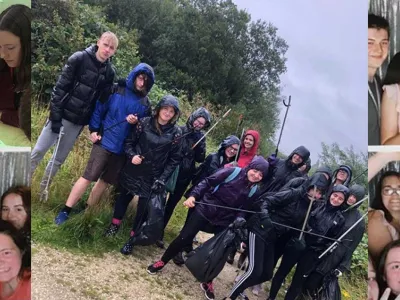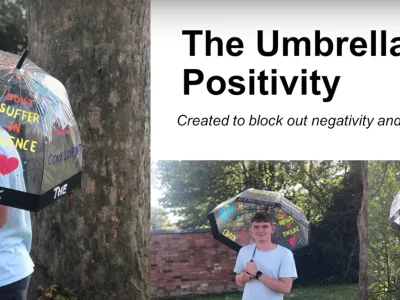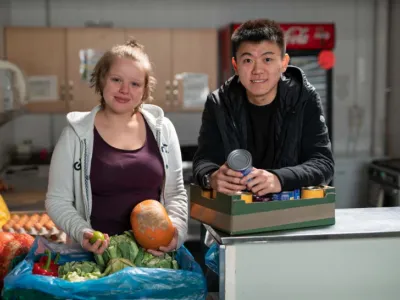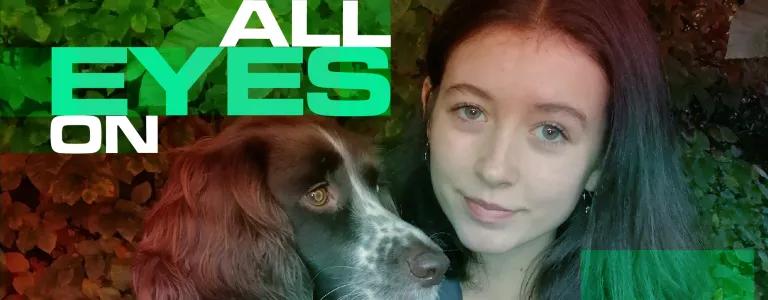
Lucy Gavaghan, Animal Rights Activist
Include this article in your Skills Builder Journal. It could help you develop... 
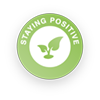
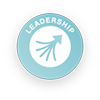
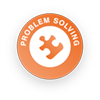
‘All Eyes On’ is about giving the spotlight to those who thoroughly deserve to be in it. Whether that’s because they’ve battled adversity or, like Lucy Gavaghan, brought instrumental change to the food industry, this new series celebrates great people achieving great things. Read on to find out why NCS grad, Lucy has claimed the first spot...
So Lucy, what made you get into activism?
Meeting a flock of hens, I started to think about how they are treated commercially. A quick search revealed the continued use of practices like caged hen farming, and I was horrified by the inhumanity of the cramped conditions.
I became an activist almost by accident. It was never my intention, but I was so frustrated by the system that it really did feel like my only option.
In 2016, you started petitioning Tesco to stop selling caged hens’ eggs, can you tell us about that?
The petition came after a long time spent writing letters. I would look into where caged eggs were still sold and then send off letters hoping to spark change. Unfortunately, my many letters created very little change. This is when I decided to draw attention to the issue in another way and turned to the internet, and online petitioning.
Your petition gained over 280k signatures. Incredible work! What challenges did you face along the way and how did you overcome them?
The petition grew so quickly! I had to learn how to be an activist in real-time, making decisions and taking chances that had an immediate effect on the success of my campaign. I came up with tactics that couldn’t possibly be ignored by the decision-makers. Droves of supporters wrote letters directly to Tesco and took action via social media too. I believe keeping this pressure throughout the campaign was critical.

Thanks to tireless work, you eventually got a meeting with Tesco. What was it like to be face-to-face with the people who could make the change you wanted?
I was so excited to have a discussion with the people who had the power to initiate change. There is something so different about actually looking someone in the eye and asking difficult questions.
I was more than aware that the way I communicated, the matters I brought up and the way they felt towards the campaign would likely impact the chance of seeing any change.
It was daunting, admittedly, but more than anything I was so driven to get in and make an impact. I took all my research, photographs of caged hens and messages from the supporters. I think what helped me the most was being absolutely confident that what I was asking for was right.
Since then, other supermarkets have addressed the issue too. Do you think there’s been enough progress?
Soon after the public announcement from Tesco, I launched petitions in the same style to Asda and Morrisons. It was a really pivotal point for people passionate about animal welfare as with the momentum of Tesco’s commitment, coupled with rising pressure from the public and incredible charities and organisations, we were seeing genuine progress.
Many of the pledges reference ‘2025’ as the year in which caged hens eggs will no longer be sold – and at the time, this felt way off. But when you understand that these changes are so large in scale that they can’t be immediate, you realise that these commitments are a great stepping stone. The pledges prove a changing attitude, and should be valued for that reason. Things are moving, and with enough awareness and support we will likely see a future which is infinitely more compassionate when it comes to animal welfare.
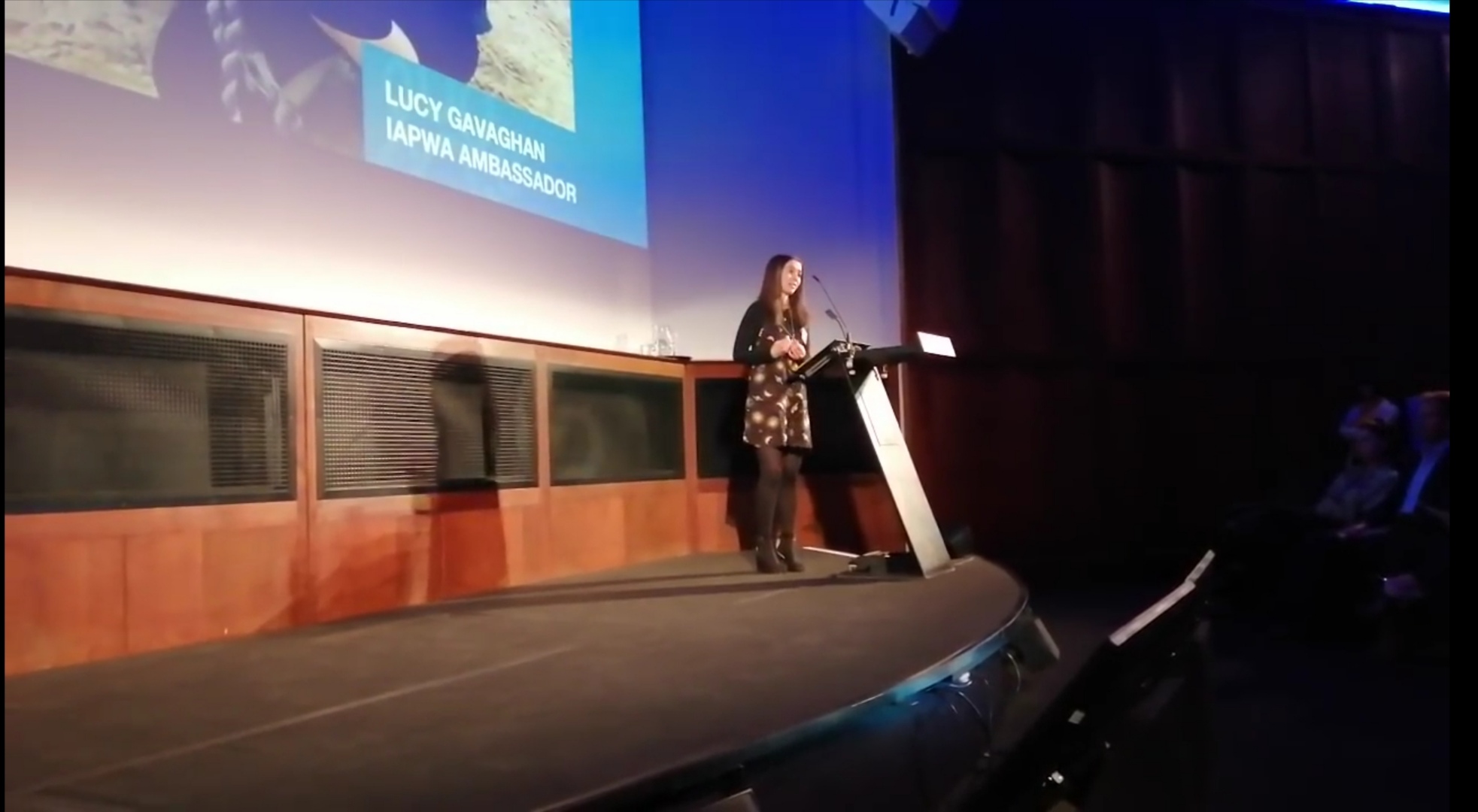
You’ve already had such a positive impact, but you’ve not stopped there, have you? What else have you been involved with recently?
After getting into campaigning I think it’s always incredibly difficult to step away. You discover so many issues and injustices. You gain this understanding of just how powerful people can be when the right ideas and actions come together.
Since the caged hens eggs campaign I’ve looked at issues of global wildlife conservation and am now delighted to be an ambassador for IAPWA. Fundraising, as well as drawing attention to the plight of animals at the hands of humans has been a massive part of what I’ve done over the last few years. Thinking about the need for better education on these issues, I’ve also been able to work with the RSPCA on their Generation Kind campaign.
What advice would you give to others who want to make a change?
Once you have worked out what you want to change, think about who has the power to make this happen. This will have such an impact on the scale of a campaign, who it should involve and how. For example, could change be made by a small group of local people, or will it have to come from a government official?
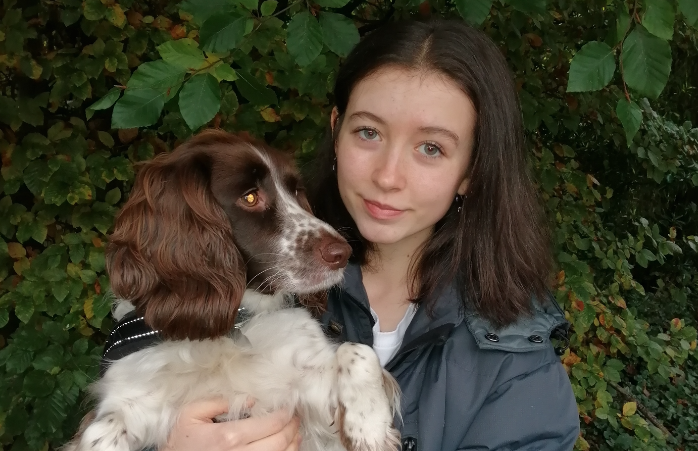
What other activist goals have you set yourself?
The more time I research and speak to others involved in the field, the more goals I can imagine desperately trying to reach. Now I’m really focused on making environmental and conservation issues a part of every young person's education. We can’t avoid the fact that we, as humans, have destroyed so much of our planet and driven countless species to the edge of extinction. Education, however, provides a unique opportunity to create a future in which protecting animals and the world itself is not a secondary issue.
What does the future hold for you?
I’m excited to keep pushing ahead with the issues that mean so much to me. Right now, I’m finishing sixth form, preparing for my A-levels and hoping to study at a university from 2020.
Ultimately, I would love to have a career in which I could tackle humanitarian, environmental and animal welfare issues. Exactly what this means as a nine-to-five job, I don’t yet know. I do know that the future (for us all) will be massively shaped by how we act today. I am determined to continue doing all I can to make change where it is needed and bring vital issues out of the dark.


